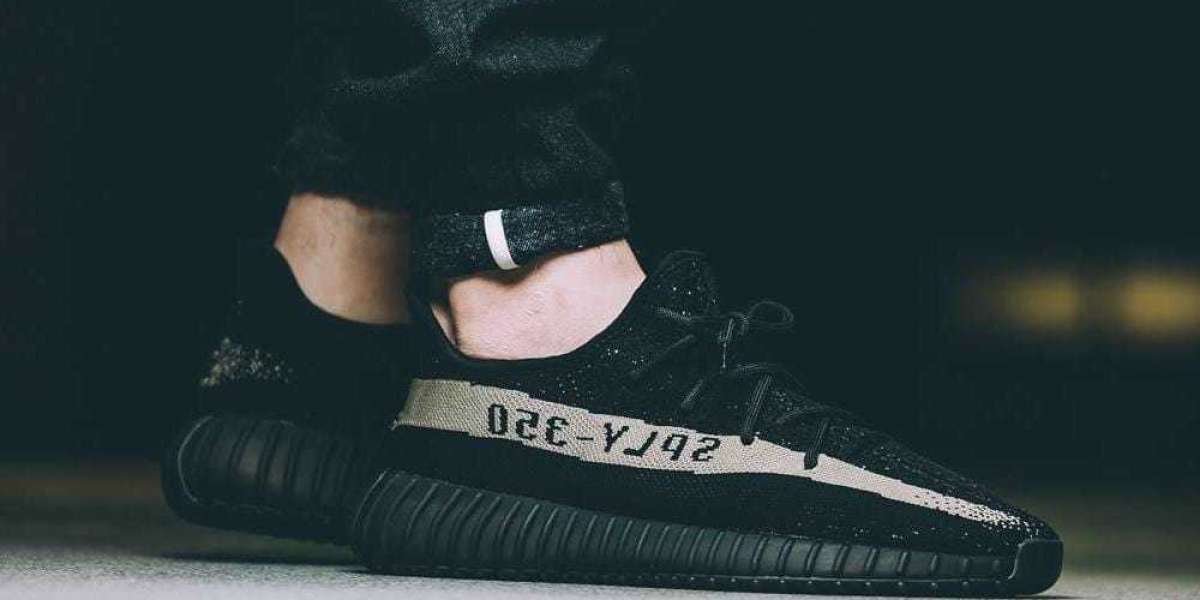Introduction:
In 1985, the world witnessed an extraordinary event that would forever change the music industry and leave an indelible mark on global consciousness. On the scorching summer day of July 13th, a historic concert called Live Aid took place simultaneously in London's Wembley Stadium and Philadelphia's John F. Kennedy Stadium. Organized by musician and activist Bob Geldof, this monumental event not only showcased some of the most iconic musical performances of all time but also raised awareness and funds for the devastating famine occurring in Ethiopia.
Description:
As dawn broke on that eventful Saturday morning, the atmosphere buzzed with incredible anticipation. Music enthusiasts from around the world, armed with their tickets, traveled far and wide to be a part of this momentous occasion. Both stadiums, filled to capacity early on, pulsated with an unparalleled energy. Spectators donning colorful outfits and waving flags of different nations created a mesmerizing sea of diversity and unity.
The London leg of Live Aid kicked off with an explosive opening by the English rock band Status Quo, captivating the audience from the first chord. The palpable excitement spread like wildfire as iconic artists like Phil Collins, Sting, and U2 took to the stage, each delivering unforgettable performances that sent shockwaves throughout the crowd. Spectators rejoiced and swayed to the electrifying melodies pouring from the colossal speakers, the music acting as a universal language, transcending borders and differences.
Meanwhile, across the Atlantic in Philadelphia, the atmosphere mirrored that in London. Legendary acts such as Madonna, Eric Clapton, and The Who graced the stage, their larger-than-life personas filling the stadium with an otherworldly magnetism. The audience, numbering in the hundreds of thousands, united in their shared love for music, experiencing an unbreakable bond forged through the power of empathy and compassion.
Though the music was undeniably the highlight of the event, the underlying purpose of Live Aid ensured it went far beyond mere entertainment. The concert aimed to raise funds for famine-stricken Ethiopia, igniting a spark of hope for those suffering on the other side of the world. Through passionate pleas and emotional testimonies, Geldof and several other musicians implored the audience to open their hearts and wallets, to contribute generously to the cause. A staggering 150 million pounds were raised on that day, a testament to the world's capacity for kindness and generosity.
With the sun setting and the final notes reverberating across the stadiums, Live Aid drew to a close, leaving an everlasting imprint on the collective memory of humanity. The event not only revolutionized the way we perceive concerts but also exemplified the immense power that music holds as a catalyst for change. It became a beacon of unity and compassion, reminding individuals across the globe of the strength we possess when we come together for a common cause.
Conclusion:
The Live Aid concert of 1985 remains an unparalleled event in the history of music, forever etching itself in the annals of time. It transcended boundaries, united nations, and undeniably marked a turning point, both for the music industry and for humanitarian efforts. The world witnessed the incredible potential that exists when compassion combines with art, and Live Aid became a beacon of hope, inspiring generations to use their voice and talents for the betterment of humanity.







